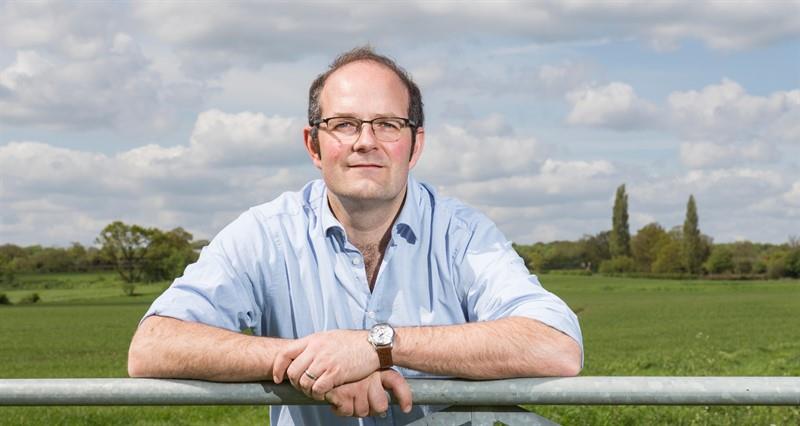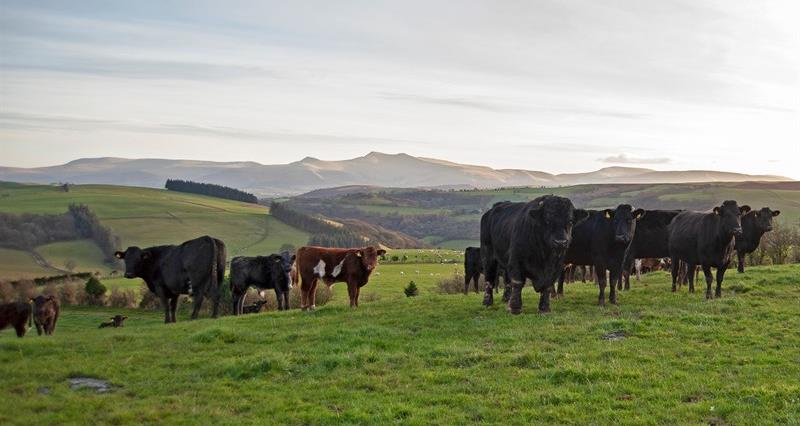The article – ‘Housebuilders attack double standards as farmers pollute’ – states that “farmers are being granted special licences to pollute rivers in areas where house building has been banned because of the danger of damaging rare ecosystems”.
It covers criticism of Natural England’s position with regards to housing developments, compared to the Environment Agency’s process for granting derogations that allow farm businesses with holdings within NVZs to use a higher limit of up to 250kg of nitrogen per hectare if the nitrogen comes from grazing livestock manure.
We have written to The Times to clarify the how these derogations are issued, the rules farmers follow and the work farmers are undertaking to minimise agriculture’s impact on rivers.
Read the letter below:
To the editor,
I was surprised to read the allegations made in your recent article – ‘Housebuilders attack double standards as farmers pollute’ – about nitrate vulnerable zones (NVZs) particularly when all sectors must take action to address their environmental impact.
NVZ derogations are not pollution permits, as suggested. They are issued by the Environment Agency to a very limited number of farming businesses, around 200 nationwide, after a rigorous review process to ensure that the farms applying will have no damaging impact on the environment. Farmers that receive derogations follow very detailed rules that limit nitrogen application to 250kg per hectare which restricts when and where they can apply manures and fertilisers.
Farmers are working hard to minimise farming’s impact on rivers through a range of measures, including soil testing and only spreading manure at appropriate times of year. But like many sectors, we know that there is more we can and must do.
At the NFU, we believe in environmentally friendly food production. We will continue to work with ministers and government departments on regulation which help farmers produce high-quality food while better protecting and enhancing our environment, including the health of our rivers.
Tom Bradshaw
NFU Deputy President

